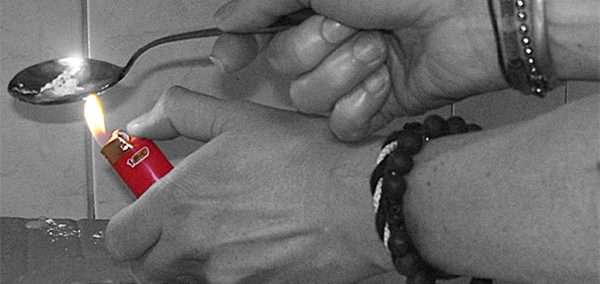
A medical expert explains how Philly’s safe injection sites will help our city’s addicts
We have to stop treating addiction as a crime
About a month ago, Philadelphia Mayor Jim Kenney’s office proposed the idea to offer walk-in safe injection sites for those struggling with heroin addictions. This would offer opioid addicts to inject in a controlled environment with a doctor present to prevent the possibility of overdose.
This process has reportedly been done in Canada, as well as a few other European cities and has been proven effective. In a study at the Ontario HIV Treatment Network, it was found that about 75 percent of those participating in safe injection noticed a change in their injection behaviors, 57 percent decided to attend addiction treatment, and about 23 percent were able to stop injecting all together.
Last year, about 900 Philadelphia citizens died from drug overdoses, and that number is only expected to rise. With Mayor Kenney’s proposal to offer safe injection sites, we would be able to lower the amount of opioid overdoses, potentially the risk for HIV and Hepatitis C by offering addicts clean needles, and even offer the best rehabilitation and treatment options for addicts.
Addiction is a mental illness and is something that needs to be treated that way, rather than a crime. If we are able to offer those suffering with addiction safer, more reliable access to inject, we decrease overdose rates, crime rates, and have the potential to offer addicts different ways to rebuild their relationships with friends and family members.
I spoke with Dr. Jim Jones from Valley Forge Medical Center in Norristown, PA about Mayor Kenney’s proposal and its effectiveness.
Have you heard of this being done before? I know it was done in Canada as well?
Yes, and in Portugal.
How is it decided which patients will receive this form of treatment?
I know it’s highest risk, I’m not exactly sure of the requirements of how they determine who it is
How would this work exactly? Will doses be lowered each time, or is it a consistent dosage?
It depends on the care plan of the person who is going into the program…Mayor Kenney’s prime was for people who are in active use, to give them the ability to safely use without spreading disease, or from harming themselves.
Do you think this would be effective in treatment, and lowering addiction rates?
I believe so! It’s been proven in Canada and Portugal.
Do you think that this is something that could even help the Philadelphia economy?
For sure, it would certainly lower crime rates, and petty thieves who are looking to get money for their next fix.
Can you elaborate on the idea that we should look to treat drug addiction as an illness, rather than a crime?
It definilty is an illness, it’s described as a brain disease and it should be treated like any other disease that a person has, like if they have diabetes, they should receive treatment. The industry and the community in recovery is working on eliminating the stigma for people who are in addiction. Truly, no one makes the choice to burn all the bridges, lose their friends, lose their possessions, their job, their relationships over a choice; it truly is a brain disease.
If you, or someone you know, is struggling with addiction, you can call 1.800.662.HELP for 24/7 confidential support.
